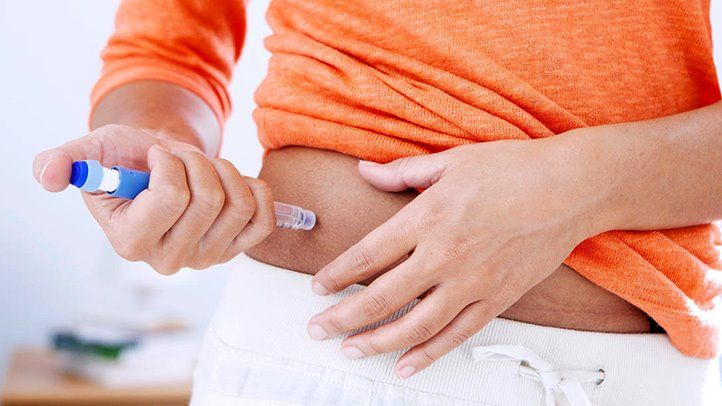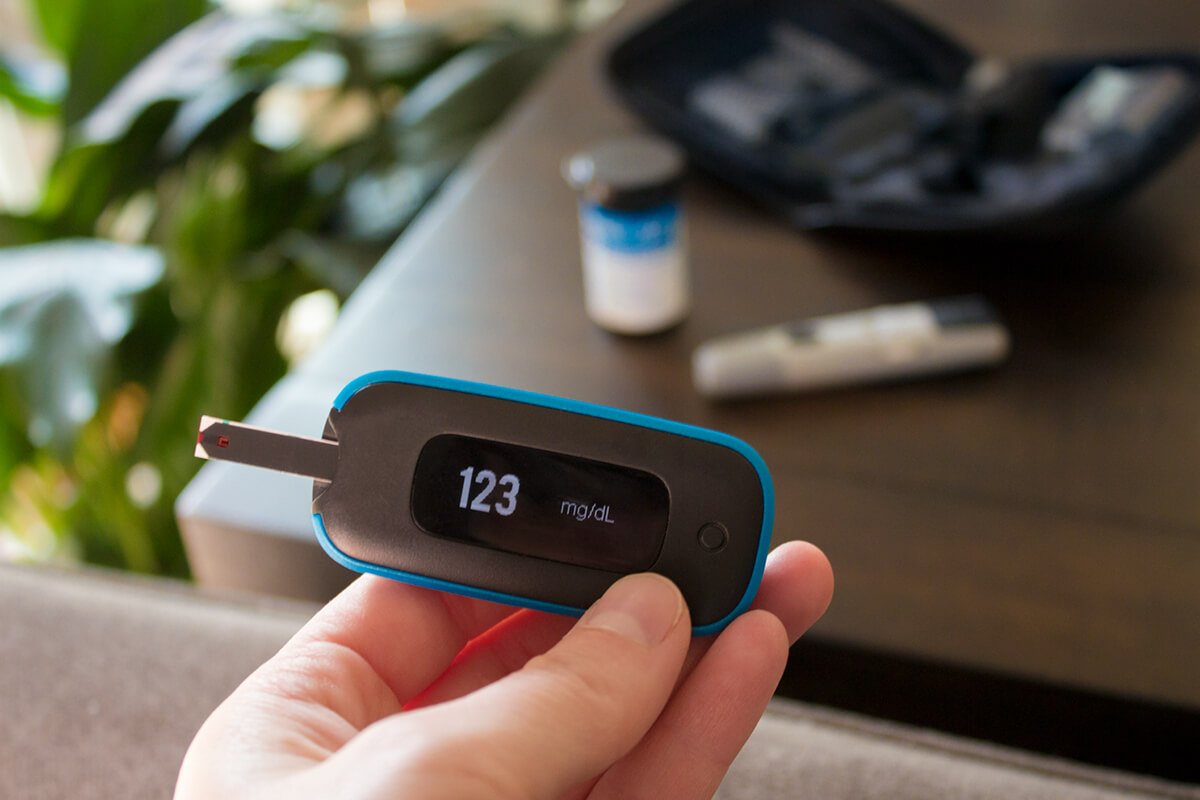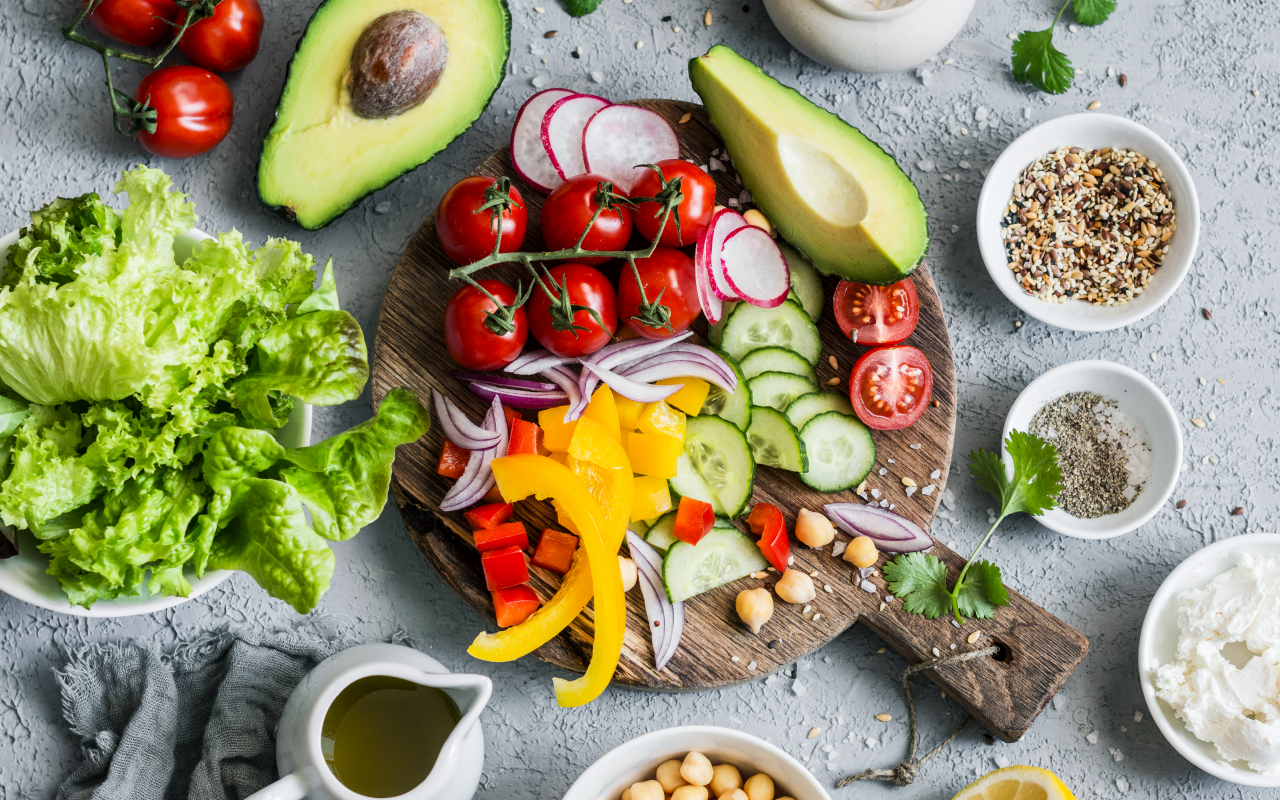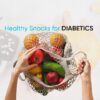Ramadan Fasting for Diabetes Patients
Managing Diabetes during Ramadan fasting can be challenging and can increase various health benefits for diabetic patients.
Fasting is considered to be one of the five pillars of Islam and is followed by all Muslims except the elderly, sick, children, menstruating women, pregnancy, lactation, travellers and people with chronic conditions. Diabetes and Ramadan fasting can be of great health benefit of boosting immunity, increasing brain stress hormones, increases cardiac functions.
Apart from effects on body there is an intense spiritual, social and psychological connect during these times. Modern researches have been stressing upon the facts about intermittent fasting and the benefit it has on weight loss and diabetes.
Those Diabetic patients who follow fasting with advice on diet and medications have shown to have excellent sugar control and increased cardiovascular benefit during this time.
Risks faced by Diabetics During Ramadan Fasting
 Diabetes during Ramadan Fasting can also increase the risk of complication in high-risk patients those having high variation of blood glucose, kidney disease, elderly, heart diseases and type 1 diabetes.
Diabetes during Ramadan Fasting can also increase the risk of complication in high-risk patients those having high variation of blood glucose, kidney disease, elderly, heart diseases and type 1 diabetes.
High-risk diabetics are asked not to undertake to fast since the risk of low sugars, high sugar, dehydration and diabetic ketoacidosis ( dangerous levels of blood sugar) can lead to complications. People who fast require medications adjustment to suit the calorie intake and prevent hypoglycaemia and hyperglycaemia.
Insulin depended diabetes may require less insulin and people in long-acting drugs may need to switch to safer medication during this time. Many diabetic patients may have a comorbid condition such as hypertension, cardiac and renal disorders, these medications need to be adjusted since many of these medications can cause dehydration and lead to complications.
When should Diabetics stop fasting During Ramadan
 Diabetes undergoing fasting should break their fast if there are signs of low sugar and high sugars. They should check their sugars 3-4 time a day and should end the fast immediately if sugars are less than 70 mg/dl or more than 300 mg/dl. The decision to fast on each day should depend on sugar controls, hydration status and acute illness and people suffering from any one of the conditions are advised to skip fasting those days.
Diabetes undergoing fasting should break their fast if there are signs of low sugar and high sugars. They should check their sugars 3-4 time a day and should end the fast immediately if sugars are less than 70 mg/dl or more than 300 mg/dl. The decision to fast on each day should depend on sugar controls, hydration status and acute illness and people suffering from any one of the conditions are advised to skip fasting those days.
Diabetic Diets to follow During Ramadan Fasting
Diet during Ramadan fasting plays an important role in the control of sugars. There is a misconception of compensatory overeat during Iftar and suhoor. Fried food and high caloric foods such as bajjis, puri, samosas and paratha need to be avoided.
Iftar should consist of simple carbohydrate of fruits and salads.1-2 snacking in between Iftar and suhoor with low glycemic index food and complex carbohydrates can be helpful. An ideal balanced diet should contain 45-50 % complex carbohydrates, 20-30 % protein and < 30% of fat intake.
The pre-dawn meal should be taken as late as possible since it can give adequate energy for the day and complex carbohydrates are best to be chosen. Hydration is extremely important, it’s advised to consume as much as water during ramada. Avoid caffeinated beverages, flavoured soda and juices they may cause dehydration and excessive calorie intake.
Ramadan Fasting for Diabetes Patients – Foods to consume/avoid during Ramadan Fasting
Foods to be taken more include salads, fruits, buttermilk, egg white, sprouts, almonds, walnuts, multigrain chapattis, whole wheat bread, oats, green vegetables, tofu, lean meats, chicken, fish. Foods to be avoided banana, chichi, grapes, full cream, cheese, fried maida snacks, fried nankeens, cashews, dates, fried rice, maida, mutton, pizza, burgers, butter and mayonnaise, juices, ice creams, mithai, halwas, cakes, chocolate and sweets.
Exercise during Ramadan Fasting for Diabetic Patients
Exercise during Ramadan is the least followed. Aerobic and resistance exercise are found to be extremely beneficial in diabetics during fasting. The benefit of exercise includes an increase in insulin sensitivity leading to better improvement in blood sugar and pressure.
Hba1c and cholesterols levels are controlled, weight loss and mobility is improved. Walking and cycling later in the evening can be done without producing low sugar.
Tarawih prayer can be a great form of exercise and prayer includes namaz moments like bending, bowing, kneeling and raising. Hence diabetes and Ramadan can be a great time to make one disciplined to live a healthier lifestyle.
Advice for Diabetes Patients During Eid-ul-Fitr celebrations
When Eid-ul-Fitr, the end of Ramadan ends avoid overeating sweet and meat, maintain the disciplined health lifestyle and stay healthy. Consult your doctors with your reports and revert back to your regular medication.
Managing Diabetes during Ramadan can give you self discipline and confidence that everything can be achieved through dedication and commitment.









